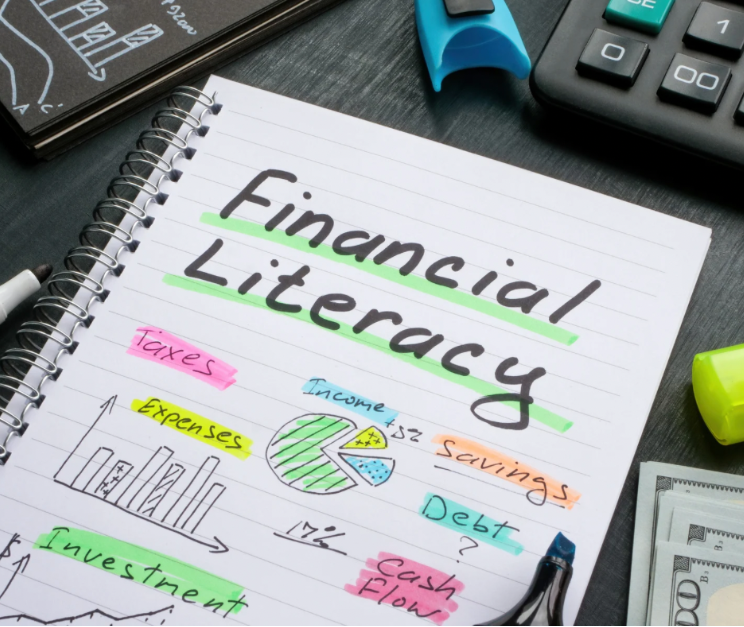Financial Literacy for Millennials: Navigating the Financial Landscape of Today

Millennials, a generation that has grown up in a time of rapid change, are now facing the reality of managing their finances in a world where economic stability is not a given. Financial literacy has become more than just a helpful skill—it’s a necessity for navigating the complexities of modern financial responsibilities.
Understanding Financial Literacy
Financial literacy is the ability to understand and effectively use various financial skills, including personal financial management, budgeting, and investing. For millennials, this means being equipped to make informed decisions about their money that will impact their present and future well-being.
The Challenges Millennials Face
Millennials face unique financial challenges compared to previous generations. They are dealing with:
- Higher levels of student loan debt
- A competitive job market with slow wage growth.
- The rising cost of living, especially in urban areas.
- Uncertainty in retirement planning, as traditional pension plans become less common.

Key Financial Literacy Lessons for Millennials
- Budgeting: Creating and sticking to a budget is crucial. It helps track spending, save money, and plan for the future.
Example: Let’s say your monthly income is $3,000. A simple budgeting method is the 50/30/20 rule:
- 50% ($1,500) for necessities like rent, groceries, and bills.
- 30% ($900) for wants like dining out, shopping, and entertainment.
- 20% ($600) for savings or paying off debt.
- Saving and Investing: Understanding the importance of saving for emergencies and investing for retirement can secure a more stable financial future.
Example: If you save $200 a month from age 25 in a retirement account with an average annual return of 7%, you’ll have over $500,000 by age 65 due to compound interest.
- Credit Management: Using credit wisely and maintaining a good credit score are essential for major purchases and financial flexibility.
Example: Maintaining a good credit score might involve:
- Paying credit card bills on time.
- Keeping credit utilization below 30%.
- Not applying for new credit too often.
- Debt Management: Managing and paying off debts, particularly student loans and credit card debt, is vital for financial freedom.
Example: If you have a student loan of $25,000 at a 6% interest rate, opting for a standard repayment plan of 10 years would mean monthly payments of around $278. Paying an extra $50 a month could save you interest and shorten the loan term.
- Insurance: Having appropriate insurance coverage can prevent financial disasters due to unforeseen events.
Example: If you rent an apartment, getting renters insurance for $15 a month could cover losses from theft or damage, saving you from out-of-pocket expenses in case of an incident.

Tips for Improving Financial Literacy
- Educate Yourself: Take advantage of books, online resources, and financial literacy programs.
- Use Technology: Utilize apps and online tools for budgeting and investing.
- Seek Professional Advice: Consider consulting with a financial advisor for personalized guidance.
- Stay Informed: Keep up with financial news and trends to make better financial decisions.
Conclusion
For millennials, financial literacy is not just about managing money; it’s about securing a future. By embracing financial education and making informed decisions, millennials can overcome the economic challenges of today and pave the way for a stable and prosperous tomorrow.
